Dental Bonding
Many patients are unaware of the dental procedure known as dental bonding, but it has been around for decades. It is often relied upon to treat various conditions in the oral cavity. Those unaware of bonding are always surprised that it can treat things such as gaps between the teeth, discolored patches on tooth enamel, and even misaligned teeth.
What is Dental Bonding?
Bonding is a non-invasive treatment that is common in almost every dental practice. It can help make the patient's teeth uniform and improve their smile in a single office visit. Patients who have been looking at inexpensive, non-invasive options to help their teeth imperfections should consider bonding procedures.
The Dental Bonding Procedure
While many people are anxious about going to the dentist, this procedure does not cause pain or discomfort and requires no sedation. Bonding is completely non-invasive and takes less than 15 minutes to complete. During the bonding procedure, we use a resin material that can be tinted to any color and shaped to match the patient's teeth.
Bonding Recovery
For the week following the procedure, patients must be careful with what they eat, avoiding hard foods. They also need to avoid chewing their fingernails, pen caps, or pencils because this can lead to chipping and damage the resin.
Benefits of Dental Bonding
If a patient has a particularly large cavity after a root canal or perhaps has one in a difficult place to fill traditionally, bonding can help. Dental bonding can easily fill the cavity regardless of how big it is. Once the decay is removed from the cavity and the site properly prepared, the resin is carefully pressed into the cavity. Once in place, it can be manipulated in color, shape, and size.
This procedure instantly restores the lost functionality of the damaged tooth and can alleviate the patient's discomfort. Bonding resin can also fill gaps between teeth to minimize the chances of food getting caught between them, which can lead to tooth decay.
The Positives and Negatives of Bonding
As with most procedures or operations, there are some pros and cons. One of the most significant benefits of dental bonding is the low cost. It can also take a single appointment to complete. The procedure is pain-free and will last for years. Unfortunately, resin is more porous than natural enamel and more likely to stain because of it. Bonding resin can also chip as it ages. These factors make it crucial for you to properly care for your bonded teeth.

